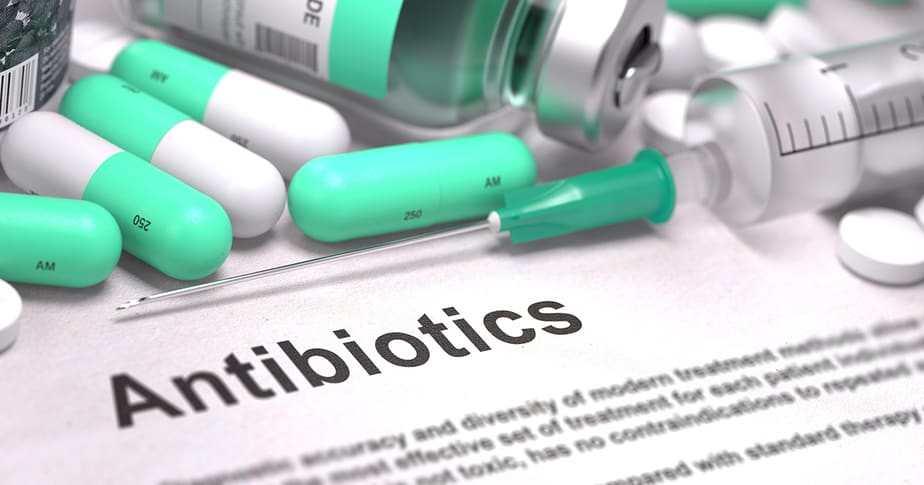Got an infection? The worst thing you can do is rush to buy antibiotics directly from the chemist. It’s best to let the doctor prescribe them, if warranted, and certainly not for viral infections
The human body has its own ways of coping with health challenges. Fever, for example, is the body’s way of defending the system by raising its temperature to kill off bacteria or a virus. If a child still has appetite and continues to play despite the fever, just support the body by giving lots of fluids and vitamin C. Of course, it is important for the caregiver to use her/his ‘mother’s instinct’ to know when to take the child to a doctor, and it is up to the doctor to decide if antibiotics are needed.
Dr Jayant Thakuria, Sr Consultant (Internal Medicine) at Fortis Escorts Hospital, Faridabad, says misuse of antibiotics is rampant. “Ciprofloxacin, Norflox, T2, AZEE, Amoxicillin are being sold over the counter — people ask for them and chemists offer them. Fifty per cent of patients are self-medicating before coming to hospital. This is dangerous.” Other countries have strict rules and regulations to prevent this.
Ideally, before a doctor prescribes antibiotics, he must check all the history and conduct necessary tests, Dr Thakuria says. He should explain to patients that the full course of medication must be taken in order to prevent resistant bugs. Unfor-tunately, even general practitioners prescribe antibiotics for seasonal flu or other viral infections.
Should patients refrain from alcohol consumption or dairy products? Alcohol interacts with drugs, lowering its efficacy. More alarmingly, alcohol may cause a reaction, leading to hospitalisation. Dairy products are beneficial unless one is allergic to them.
Antibiotic overuse has become a worldwide problem due to mutation of organisms, making them ‘superbugs’ requiring stronger antibiotics, which also entail more side-effects. A lot of patients suffering from irritable bowel syndrome have a history of too much antibiotic use in their younger days.
If antibiotics are warranted as in the case of surgeries, one should remember to take probiotics after the last day of antibiotic intake. This is to restore the beneficial bacteria in the gut that were wiped out during the course of antibiotics. Taking probiotics while taking antibiotics will just be a waste for the antibiotic (“anti” — against and “bio” — life) will kill the probiotics.
Dr Sushila Kataria, who practises at Medanta, and is a specialist in infectious and multi-system diseases, says the problem is not only of misuse but overuse and underdosage. “After buying antibiotics over the counter, people often take them for inappropriate durations and in inappropriate dosage.”
What about side effects? “There are acceptable ones like nausea, and unacceptable ones like rashes,” she says. “In case of the latter, we counsel patients to revisit the doctor. We also explain that even if they feel better after a few doses, they have to complete the whole course.”
The most exasperating thing for a doctor is to hear a patient saying that they have already taken antibiotics during a viral infection, she says. If the doctor points out the difference between bacteria and viruses, a patient might turn around and say, “It is my own experience that I get better with antibiotics.” But this may be because in three days the problem often works itself out!
So don’t play with your health by asking a chemist to ‘prescribe’ antibiotics. “To reduce dependence on antibiotics, boost your immunity by taking boosters — local herbs with anti-viral or anti-bacterial properties like garlic and onion. When ill, take proper rest and increase your intake of water/juices,” advises Dr Marian Alonzo, an integrative medicine expert at The Farm, San Benito.
Dr Reshma is an advocate of wellness, prevention and holistic health. Instagram handle: dr.reshmakhattarbhagat





